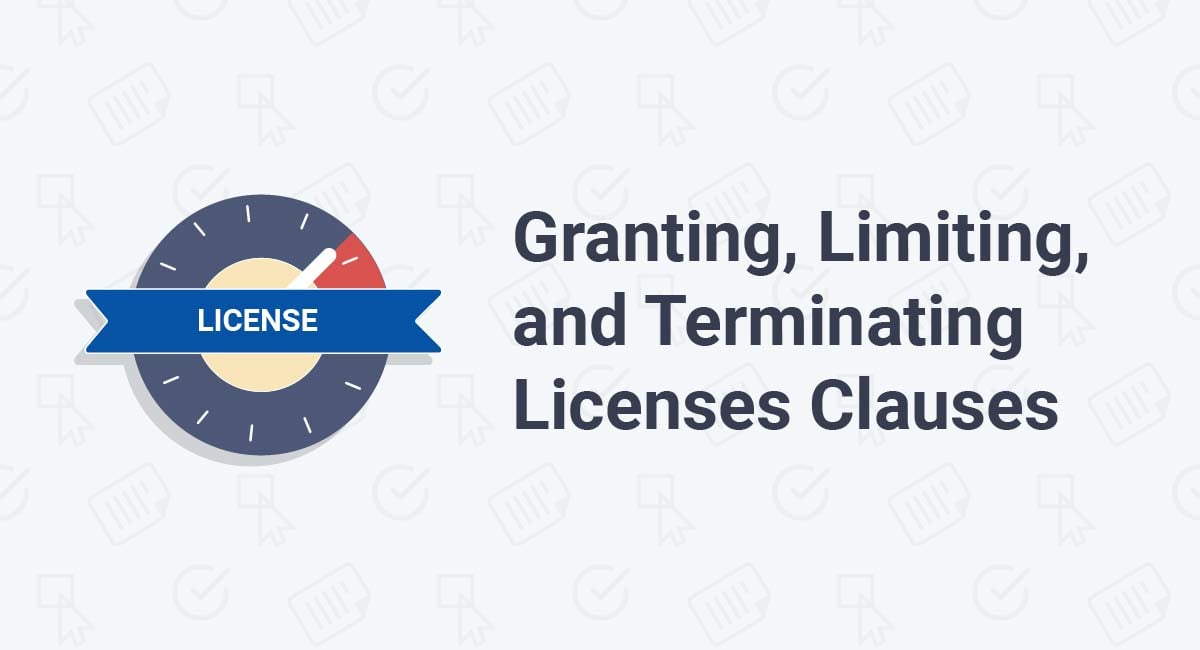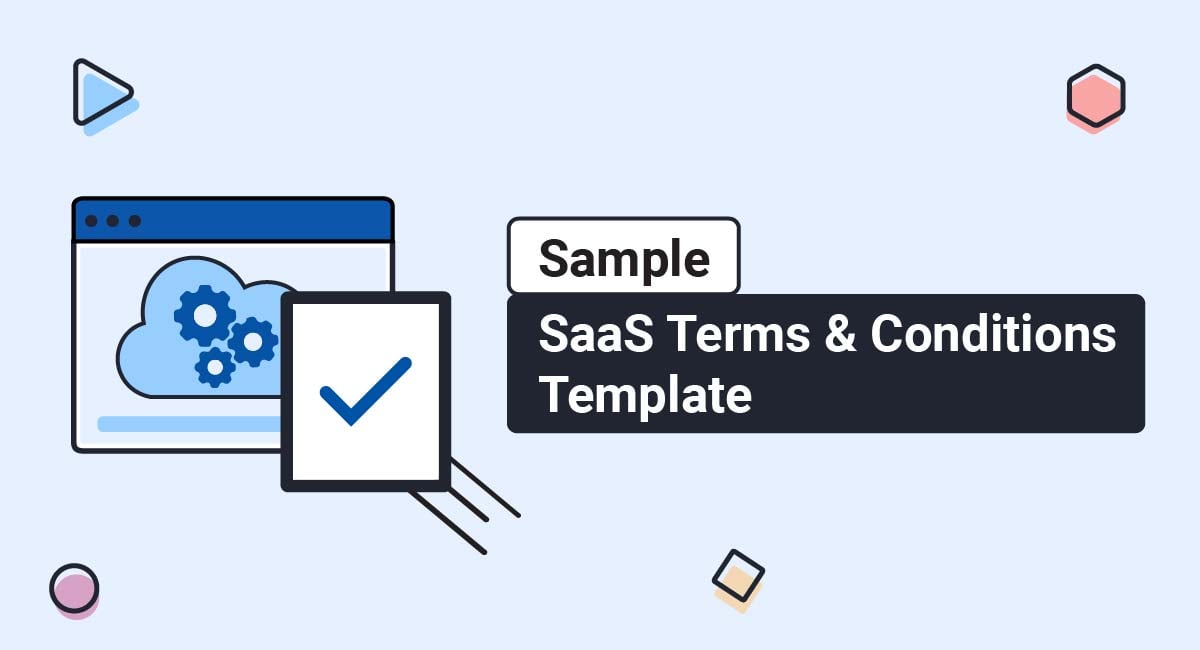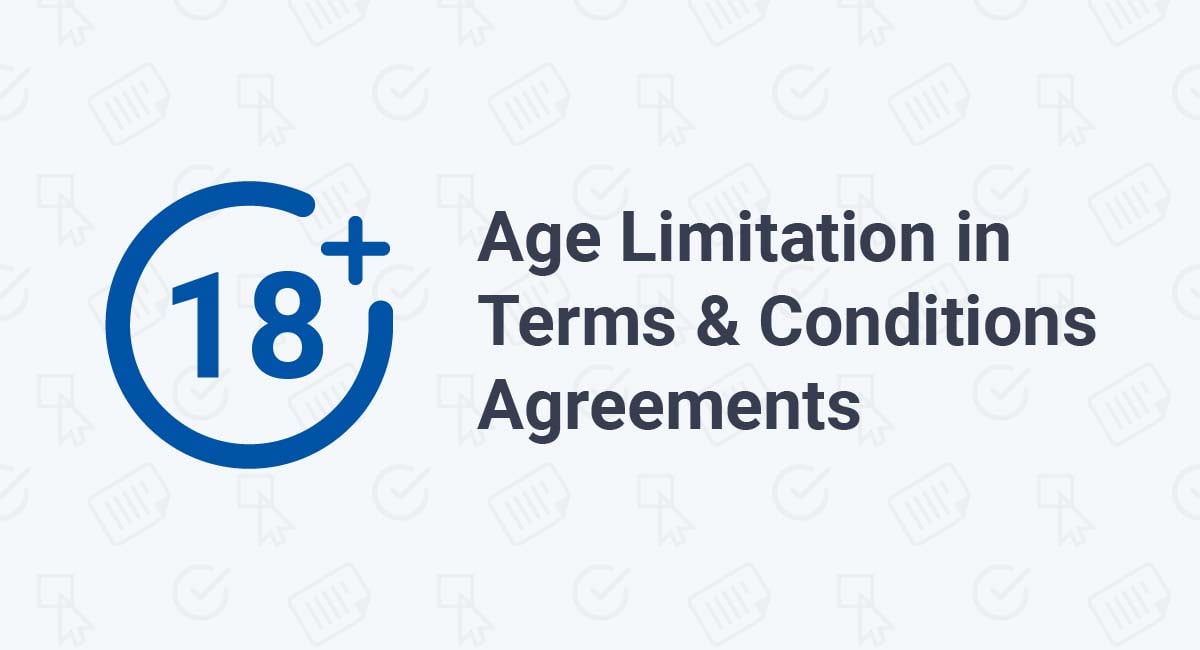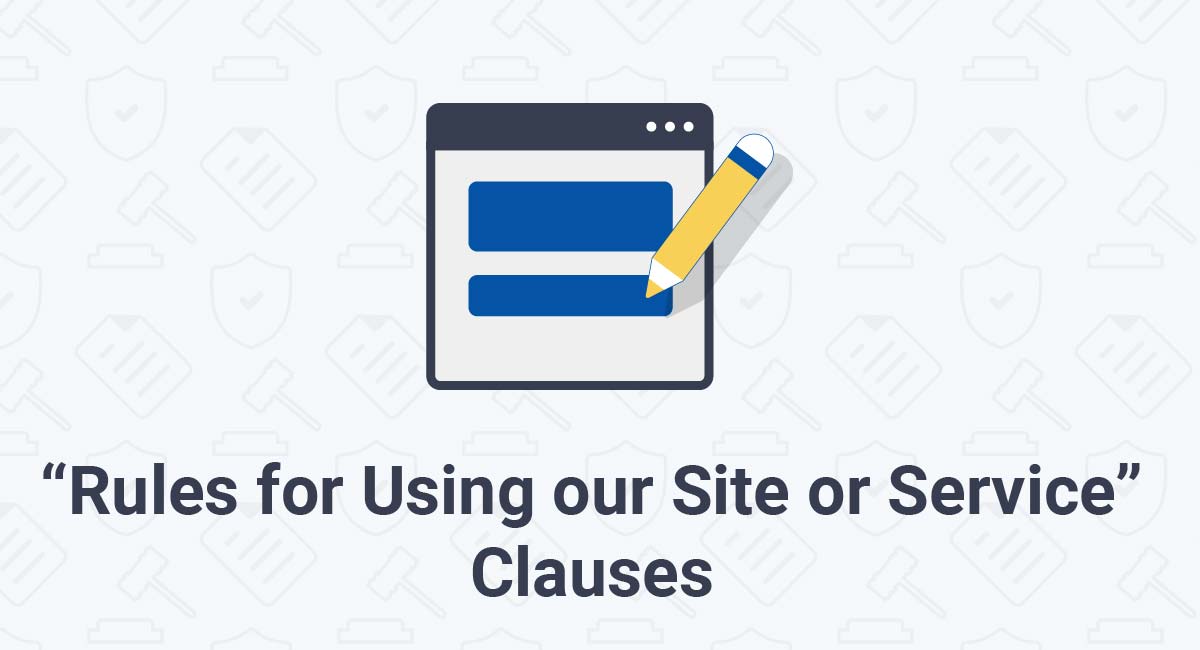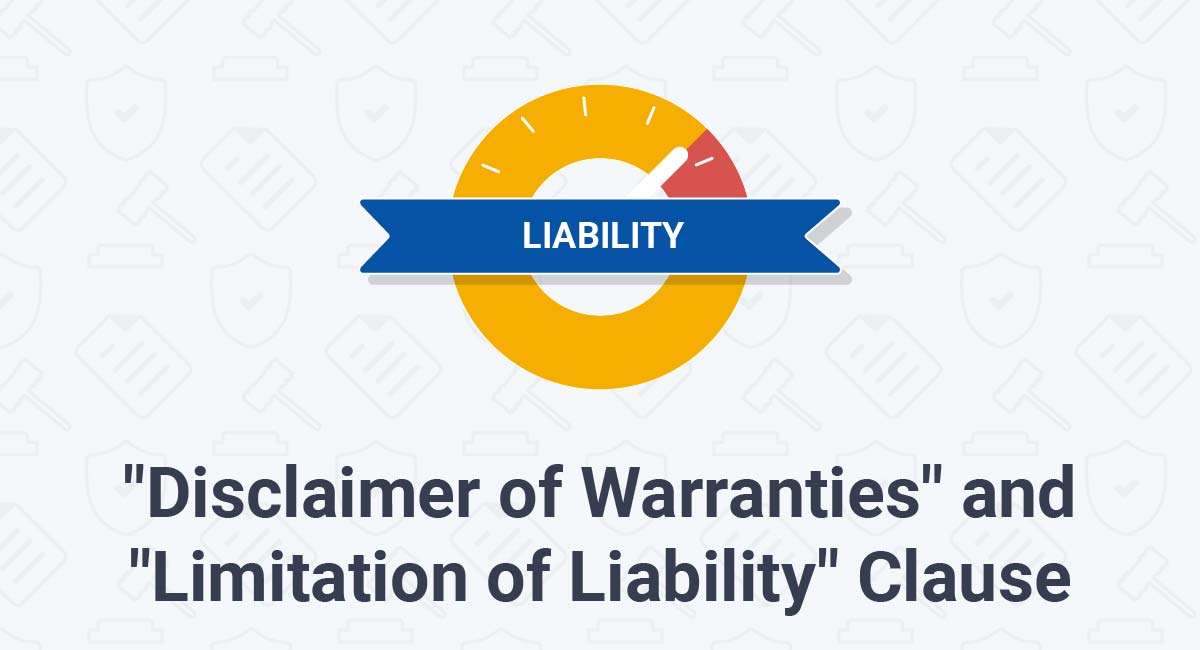Blog: Terms & Conditions Agreements
Page 4
Navigate
-
EULA Agreements
-
Cookies Policy Agreements
-
Disclaimer Agreements
-
Privacy Policy Agreements
-
US Privacy Laws
-
Return Policy Agreements
-
Legal Requirements
-
EU Privacy Laws
-
Terms & Conditions Agreements
-
How to
-
Asia Privacy Laws
-
CA Privacy Laws
-
Consent
-
Templates
-
Consumer Privacy
-
AU Privacy Laws
-
LatAm Privacy Laws
-
Clauses
Granting, Limiting, and Terminating Licenses Clauses
A clause that addresses the granting, limiting, and termination of licenses covers how the license to a product is given, the restrictions on that license, and the conditions and results of terminating the license. For any business that relies on selling licenses in their primary business model (such as a Software-as-a-Service...
SaaS Terms & Conditions Template
Having a Terms and Conditions agreement for your SaaS app can help you control your app better, while at the same time limiting reasons why your users can bring legal action against you. It's a crucially important legal document for every SaaS app to have. This article will explain exactly what...
Age Limitation in Terms and Conditions Agreements
Businesses face a difficult situation with minors using the internet. They want to make their sites accessible to everyone, but also want the legal protection of contracts like Terms and Conditions agreements. The issue is that minors can't enter contracts by themselves, so they need a parent or guardian's permission...
Terms and Conditions for Freelancers
Without a proper Terms and Conditions agreement, many misunderstandings between freelancers and their clients can arise. On the other hand, including a professionally written Terms and Conditions agreement can help resolve this issue by laying out what is expected from the client when using the freelancer's website and what's expected...
"Rules for Using our Site or Service" Clauses
While a Terms and Conditions agreement isn't a legal requirement for your website, we strongly recommend having one to protect your website, your service, and your users. A Terms and Conditions agreement is especially useful for clearly and unequivocally setting out the rules for using your website or platform, by inserting...
"Disclaimer of Warranties" and "Limitation of Liability" Clause
A Terms and Conditions agreement can help protect you against a wide variety of legal actions, from litigious users and customers. Having one isn't legally required, but it can be useful in deterring and responding to legal actions. It also provides guidelines that establish what to do in the case of...
